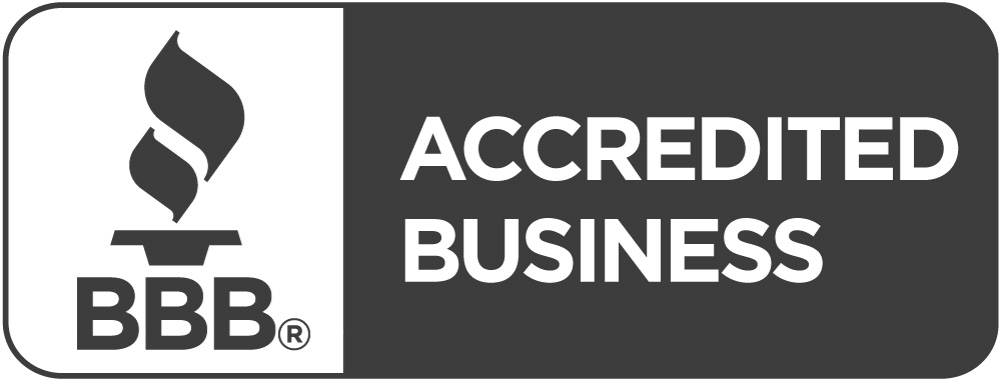Giving feedback might sound simple, but it’s actually one of the most difficult parts of a manager’s day. Employees are under a lot of pressure to perform well. Therefore, even the most carefully worded suggestion can sound like a sharp attack. The good news is there are 3 easy ways you can minimize the stress of constructive criticism.
Think Long Term
When a team member makes a costly mistake, it can be hard to keep your cool. As a business owner, you are constantly thinking about your bottom line and the overall success of the company. So when these mistakes are made outside of your control, it can be incredibly frustrating. However, the Wall Street Journal reports that yelling at employees has extremely negative effects on their performance: “Workers who fielded complaints from hostile, aggressive customers were less likely even to remember what the complaint was about, compared with workers who dealt with calm customers.” This same problem applies to receiving harsh feedback from a boss; when you raise your voice, you are triggering a fight or flight instinct. The experience will be tinged with fear, not with productivity.This is where long-term thinking comes into play. You need to consider the future of your company with every interaction. Bosses that yell and talk down to their employees demoralize the team and utterly destroy company culture. Good leaders take accountability for their actions and the actions of those that report to them. Michael Hyatt, an entrepreneur and life coach, explains, “It means that you accept responsibility for the outcomes expected of you—both good and bad. You don’t blame others.”This also applies to positive feedback. It’s important to acknowledge your team’s achievements. The absolute worst thing a leader can do is take credit for an employee’s work, according to 77 percent of workers polled in a Bamboo HR survey. Go the extra mile to make that recognition for your team. It will go a long way to building loyalty.By keeping a level head and following the other steps outlined here, you will ensure success for your company in the long run.
Give Specific Feedback
The best way to give your employees feedback is to give them specific details about their performance. Saying “You need to work faster” triggers anxiety and will put employees immediately on the defensive, which is the exact opposite of a productive atmosphere. “Pointing out that they have a problem isn’t enough to be helpful,” says Jon Windust, the CEO at Cognology. “To improve performance, constructive feedback must go one step further and provide specific feedback around potential causes and solutions.”Instead of focusing on their mistake, you should tell the employee how to achieve their goal with a concrete example of where they misstepped and where they can improve. This will allow them to visualize your desired end result and feel guided rather than attacked. The Harvard Business Review says effective feedback targets specific behavior, the impact of that behavior, and what you want the person to do differently. Following this process, employees will leave the situation with a plan to avoid the same mistake and a renewed trust in you.
Encourage Openness
The key to a productive workplace is to create an environment that is open, honest, and inspiring. A thriving company culture will make all the difference when it comes to giving feedback to your employees; if they feel valued as people by you and the business, they are much more likely to be receptive to what you have to say. Encourage an open-door policy and allow them to come to you with questions and concerns.Career Attraction offers up steps to becoming an effective listener, which includes working hard not to interrupt and make sure your mind doesn’t wander as you listen. Modelling effective listening for your employees has many benefits for a work environment and results in higher productivity. Forbes presents an equation for a successful team: Efficient problem solving + the ability to build teams easier + the development of authentic relationships + trust = higher levels of performance.You, as a leader in the workplace, need to make a notable effort so your team feels valued and listened to.
Thinking Forward
Giving feedback is an inevitable part of running a business, but it doesn’t have to be a horrible experience. By thinking about the long term, getting specific, and encouraging openness in your team, you are setting yourself and your employees up for success.









































































